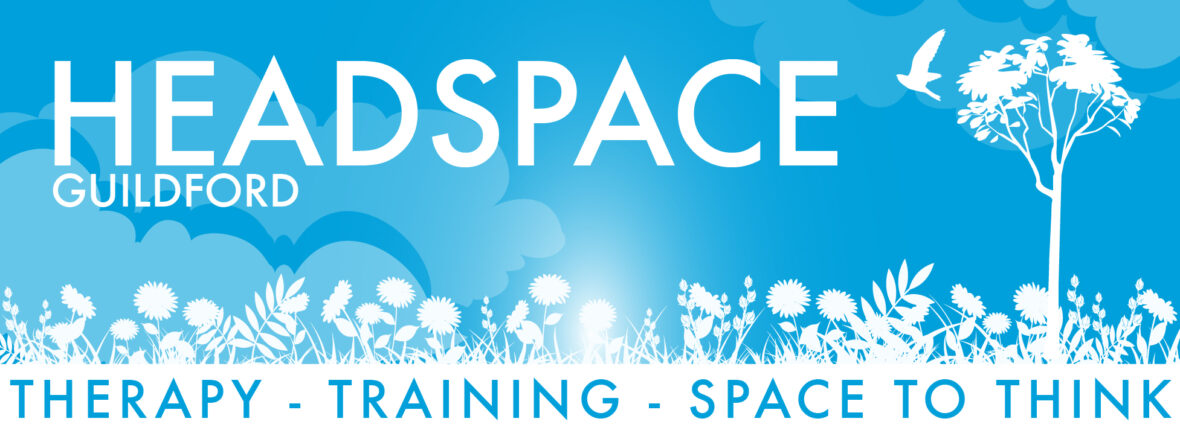Last week I talked about this article about the skills needed to survive in the 4th industrial revolution and decried the potential loss of active listening as a skill for life. However, the article gave me a lot of food for thought generally because the other skills on the list are also really important and so often ones that we aren’t taught, but just have to pick up on our own. They are also many of the skills that we work with young people on at Headspace Guildford and in therapy generally.
One of the skills which will be new to the top ten in 2020 is cognitive flexibility. This is the ability to think flexibility, to consider alternative ideas, to think ‘outside the box’ and to look at problems from multiple points of view. This is often key in therapy. In Cognitive Behavioural Therapy (CBT) we encourage people to take their thoughts and look at them impartially. So, for example if you were plagued by the thought ‘I’m just not good enough’ then we might look at the evidence for and against this. Evidence for this thought might include ‘I didn’t get the mark I wanted in Maths last week’ and ‘I was really insensitive when I spoke to Jo last week and I upset her’. But then evidence against the thought might be ‘I was commended for my help at the open evening’ and ‘Sam texted me to say I was a good friend after our chat last week’. This requires cognitive flexibility because we have to challenge the thoughts which we have been used to for a long time.
And it’s not just CBT that requires cognitive flexibility. Often in sessions I work in a Narrative therapy model and ask someone to draw their worry monster/anger monster/stress gremlin and then we talk about it as a separate entity. To separate yourself from a problem which has felt is consuming you can be a tricky concept and again requires cognitive flexibility.
Another skill on that list is creativity. This I think links nicely with cognitive flexibility. Being creative is all about thinking differently or opening your mind wider. I think therapy is a creative process. There’s an awful lot of science and research underpinning the work that happens in the therapy room, but we also know that the key to successful therapy is all about the relationship you build together and this requires both therapist and therapy user to be creative and open their mind to a different way of looking at things, and then be creative about developing solutions, techniques or strategies which will fit with the person using them and the life they lead.
Finally, emotional intelligence is a new skill coming on to the top 10 list. I am really heartened by this. I think recognising and understanding our own and others feelings is vital for the whole of life and is something that certainly should be taught in school. We focus so much on academic intelligence (and particularly in Maths and English) that we forget that EQ is vital for success in life, and more than that, it’s vital for our own wellbeing. Again, this is a key skill developed in therapy as we spend lots of time talking and thinking about feelings, recognising them and learning to regulate (manage) them so they don’t overwhelm us and so we can use some of our strategies to get us through the tough times. And with this skill, I think many of the others on the list (coordinating with others, people management, judgement and decision making, negotiation) become easier.
Life is often bumpy and these skills come in handy, not just at the really tough times, but in navigating all the things life throws at us. Which puts me in mind of Dr Seuss’ brilliant book ‘oh the places you’ll go’ which in my humble opinion is the best description of life I’ve ever found. I think generally he’s a pretty wise guy and let’s give him the last word:
“You’ll get mixed up of course, as you already know. You’ll get mixed up with many strange birds as you go. So be sure when you step, step with care and great tact and remember that life’s a great balancing act. Just never forget to be dexterous and deft. And never mix up your right foot with your left.
And will you succeed? Yes! You will indeed! (98 and ¾% guaranteed).”

One thought on “Skills for life”